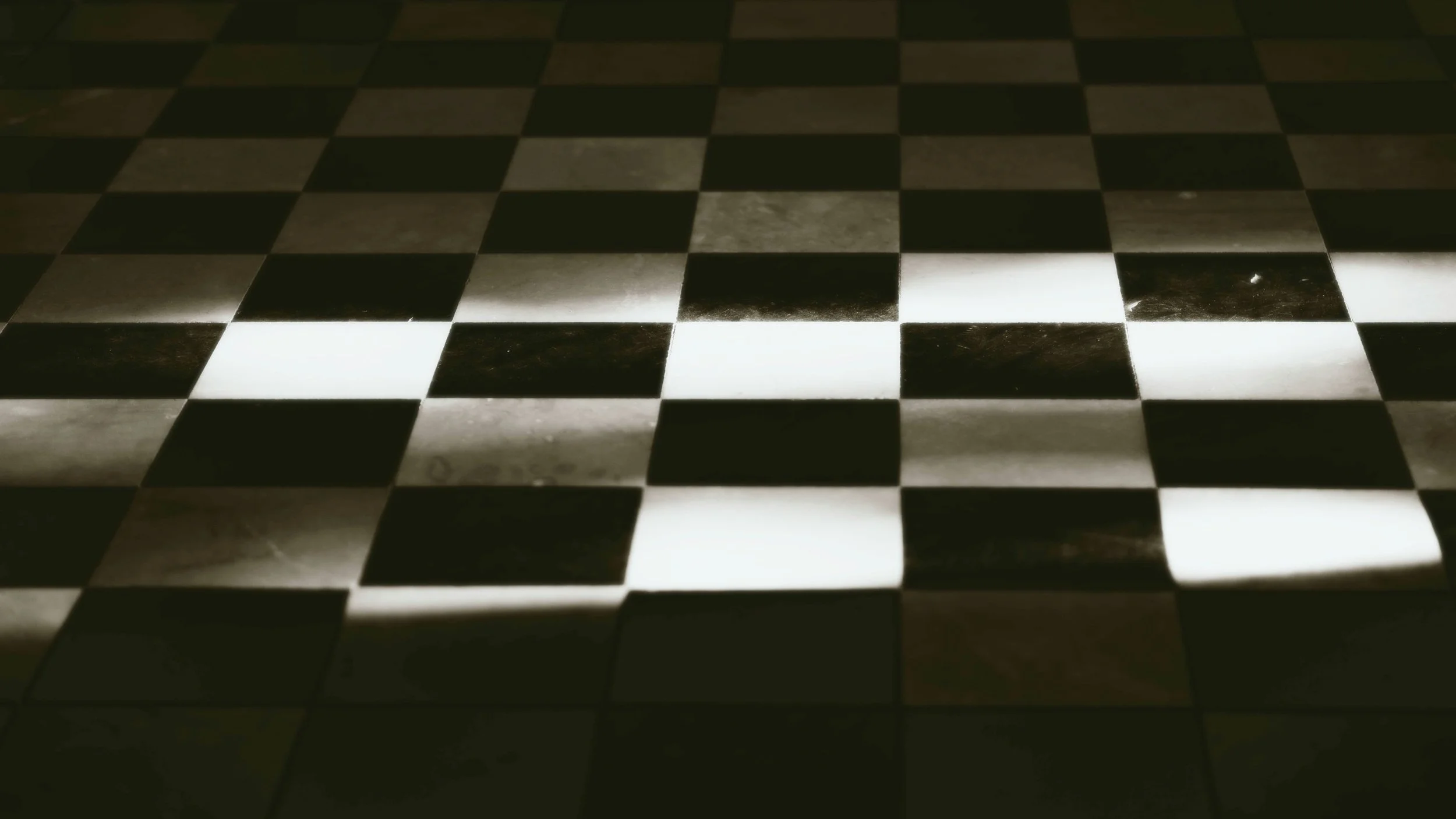Is Speculation All That’s Left?
image: Alin Gavrilluc for Unsplash
There was this girl.
I met her—if one can call it that—when I was working my way through graduate school as an aide on a locked forensic psychiatric adolescent unit. This place… what can I say about it? It was scary. Kids who had killed. Kids who’d attempted suicide. Kids who’d tortured animals, who’d set fires.
Even among that lot, this girl stood out. She was Cambodian; her family had been murdered—literally in front of her—and she had somehow escaped.
All she wanted to do when she arrived at the unit was sleep. She had to be nearly dragged from bed in the mornings, and by three o’clock in the afternoon was already asking staff, “Go seepy now?”
The hospital corridors were composed of square checkerboard tiles, and she was obsessive …. As if by only stepping on the black, she could bring that one tiny iota of control, of agency, into her life.
I still think about that girl a lot.
Even for those of us fortunate enough to not have experienced the violence this girl knew, there’s a definite feeling of a lack of control in our lives, with new fears and tragedies surfacing every day. Wouldn’t it be lovely if we could just step on the black tiles, make everything normal and okay?
As a writer, part of my call is to be a voice. Most of the time, that’s a voice speaking through fictional characters in a made-up story. For all of that, it’s always a voice that, I hope, echoes in some small way other voices out there. Maybe even yours.
It’s hard to see how I can be that voice right now. Oh, I’m writing—for sure. The second novel in my new international series, the eleventh novel in the Provincetown series; I can’t not write. But with the world changing daily in such irreversible and damaging ways, how can I think about what things will be like when someone picks up these books next year? Even if they could be published in a month, I can’t even project what dire changes will have happened even that short time from now.
image: Emily Morter for Unsplash
“Speculative fiction” is an umbrella term for fiction that explores ideas and possibilities beyond everyday reality, encompassing genres like science fiction, fantasy, horror, and their hybrids, often asking "what if" questions. It’s not an area of fiction I’m comfortable with—I’m more interested in presenting characters wrestling with some of the same issues that we are—but it’s one I’ve explored from time to time, and I’ve always admired writers who can ask those questions, people who can write about things that don’t exist, or don’t exist yet, or may someday exist. Storytellers on the edge of reality.
But yesterday as I was writing a fairly innocuous passage about a character living in Boston and planning on traveling to London, it struck me that I don’t know how that’s going to work. By the time this book is finished, and edited, and published, I honestly don’t know what will and will not be possible for my characters to do. Because I don’t know what will and will not be possible for any of us.
The truth is, we are all writing speculative fiction now.
image: Max Bohme for Unsplash



